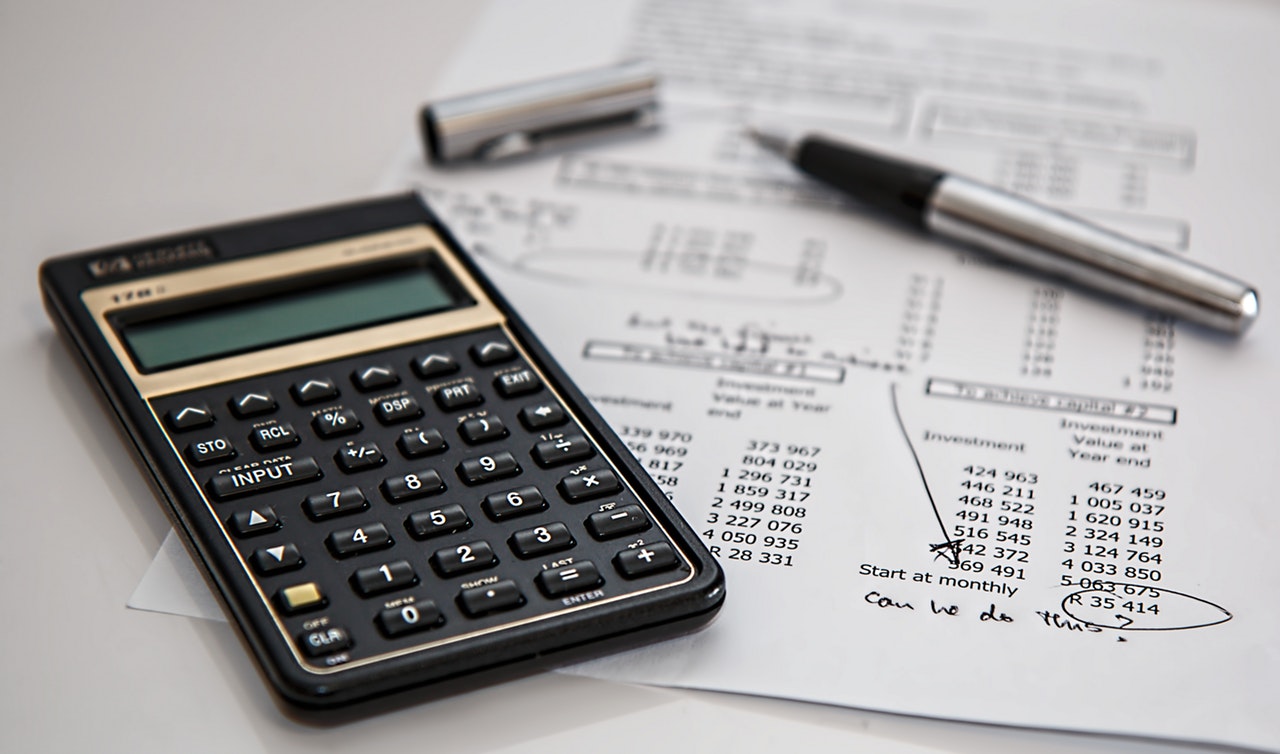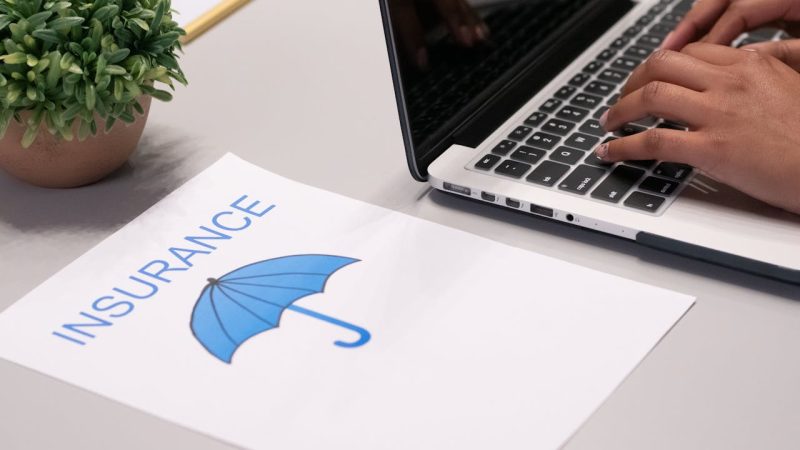Creating a retirement budget

Post-retirement life is a lot different than what a working individual is used to. The 180-degree changes in our lifestyle demand modification in our budgeting practices. Go through the article to know what precisely a retirement budget needs and what it looks like.
Collect your financial records
Before making a plan, you must know where you stand on the commercial wagon. For instance, it might not be feasible for you to plan to shift to an Assisted Living in Orlando or any other similar location without checking if you have the money to pay for it. That is why it could be a good idea to take note of your chequebook and evaluate your card statements for the past year to check where you stand financially. You can also ask a credit card lender to provide a yearly summary of your transactions. It is better to undergo the process in the tax session as one is already working out towards gathering maximum information to complete reports for the IRS.
Consider your monthly expenses
All of us endure essential monthly payments, and the list becomes longer in case of retired individuals. Although, you might not incur a car rent yet your costs over medicines and healthy food drastically increase. Make sure that you are aware of all these recurring expenses as forgetting a single payment will disrupt your budget goals. This is even more important once you retire, because some individuals hire in-home care like those found at Care For Family (to know more, check careforfamily.com.au/), and if you don’t have a monthly budget, things could quickly spiral out of control.
Keep your changing needs in mind
As you age, your needs will inevitably change. You may find you become less able to do the things you used to be able to do with ease, like lifting heavy objects or walking up the stairs. It’s a simple fact of life that our bodies slow down as we get older, so you might need to save for a wheelchair, stair lift or even a downstairs wet room. Saving up for the cost of a wheelchair lift may take you some time, for example, so it’s best to start planning early.
Acknowledge your variable payments
The step is a bit harder considering you are not sure about any emergency expense you might incur. Mainly, the list will include grocery bills, gasoline charges, electric bills, and other such unfixed expenditures. Now, add the numbers from your credit card bills and bank statements. After totaling the yearly expenses on each category divide it by 12 to know their average monthly cost.
However, you can convert these expenses as fixed liabilities by buying plans or paying through installments. These changes make life convenient, yet they will cost you more money.
Estimate onetime expenses
You are bound to come across significant one-time expenditures like a vacation or a membership renewal fee. These bills are mostly unavoidable as they make for the more significant comforts of our life like a Christmas gift. You can add those expenses and divide them by 12 to get the monthly average you will have to save for meeting those ends with ease.
Compare income with expenses
As per statistics one seldom keeps up with the monthly budgetary needs. But, as far as a year goes your costs must match your income even if not exactly equal. You should make changes in your monthly spending to match the yearly goals by eliminating the least important aspects of your budget. By cutting back on entertainment and leisure activities, for instance, you might be able to afford a better senior living facility (similar to Chelsea Senior Living). Hence, it is vital to make decisions that are lifestyle changes rather than quick fixes.
Keep up with the plan
Make sure that you undergo regular supervision over your objectives and their real-time performance. Some things look good only on paper, and there is no harm in flushing tasks that are either irrelevant or impractical. Work per the guideline and try to succeed in your goals whatsoever they may be.
Thus, budgeting in retirement needs a lot more dedication and persistence. Remember, your budget is as good as your mindset is.






